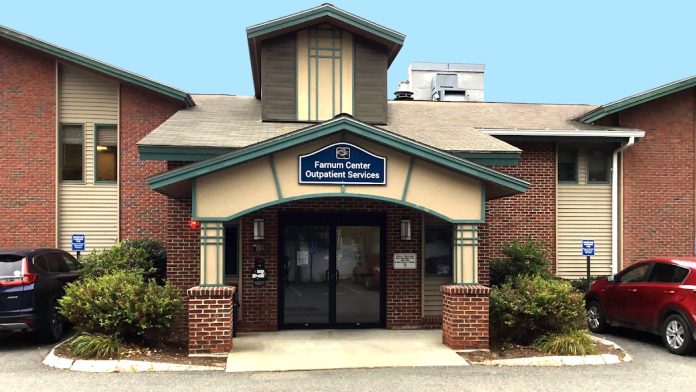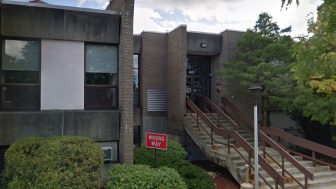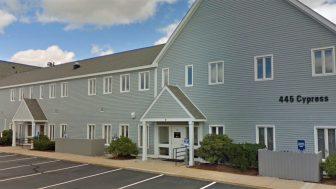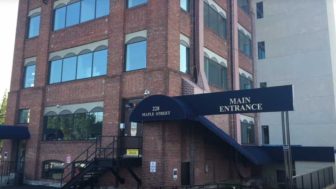Farnum | Outpatient Manchester
700 Lake Avenue
Entrance A
Manchester, NH 03103

About Farnum | Outpatient Manchester
Farnum Outpatient provides convenient and flexible outpatient support for individuals affected by substance use disorders and dual diagnosis conditions. The latter is when someone struggles with both substance misuse and mental health issues. This outpatient facility is located off Lake Avenue in Manchester, New Hampshire. They boast a welcoming and supportive setting where expert clinicians guide you toward lasting recovery.
Their treatment options include a partial hospitalization program (PHP) and an intensive outpatient program (IOP). These programs are suitable if you’re transitioning from their inpatient residential care. You can also benefit if you’re stepping down from high intensity treatment elsewhere. It’s a great option if you’re looking for considerable support to tackle high to moderate addictive behavior as well. Their skilled clinical professionals also provide short term services like license restoration, family support and assistance in reconnecting with personal goals. The facility even offers LADC evaluation and DUl services.
Their recovery program begins with intake screening and assessment. This guides their clinical team in identifying needs and crafting a personalized treatment plan. This is followed by the main therapy. The facility offers individual and group counseling to help you uncover the root of your substance misuse. Their therapy groups include a specialized Helping Men Recover group and a trauma informed expressive arts group for women.
The intensity of the sessions depends on your chosen program options. The PHP involves over six hours of group sessions daily for four days a week. Their IOP involves just three hours of group therapy daily for three days a week. So you should probably consider PHP if you need a relatively high level of support but not an overnight stay in a facility. The IOP is more flexible and suitable if you need a moderate support level to tackle substance misuse. It enables you to receive therapy while maintaining your job or family commitments.
Each program requires you to work closely with your clinician to develop an aftercare plan supporting your recovery. This may involve referral to local 12 Step groups like AA/NA for ongoing support or connection to community resources like medical care, stable housing or job placement.
Addiction Treatment Programs
Inpatient, outpatient, and sober living programs are all examples of an adult program in New Hampshire. These addiction recovery treatment programs use similar methods of medical and therapeutic interventions, offered at different levels of intensity.
Alcohol rehab in New Hampshire gives you the tools you need to reclaim your life. Programs address physical, mental, and relational issues that contribute to alcohol abuse. Through medical and psychotherapeutic methods, professionals help you work through these issues and take your life in a different direction.
Treatment provided at drug rehab in New Hampshire prepares individuals to handle life stressors without using substances. Participants get the tools and support they need to maintain lifelong recovery.
Men and women benefit in different ways from substance use disorder treatment. Men’s rehab in New Hampshire focuses on behavioral and pharmacological treatment that works best for men.
Patients at opioid rehab in New Hampshire work with counselors and therapists to choose which approaches will best meet their needs. Participants receive individualized treatment that helps them get to the root of addiction issues and achieve comprehensive physical and emotional healing.
Treatment professionals at women’s rehab in New Hampshire recognize the gender-specific challenges women face regarding addiction and recovery. They offer treatment that effectively addresses these issues.
Each young adult program in Nevada employes treatment professionals who specialize in the unique needs of this stage of life. Their expertise helps meet the needs of young adults in treatment so they feel valued and understood and can achieve a successful recovery.
Levels of Care
During outpatient rehab in New Hampshire, you’ll attend a support group such as NA or AA. You’ll also attend regular sessions with a recovery expert and may also attend group therapy. These treatments are designed to develop sober-living skills and prevent relapse.



